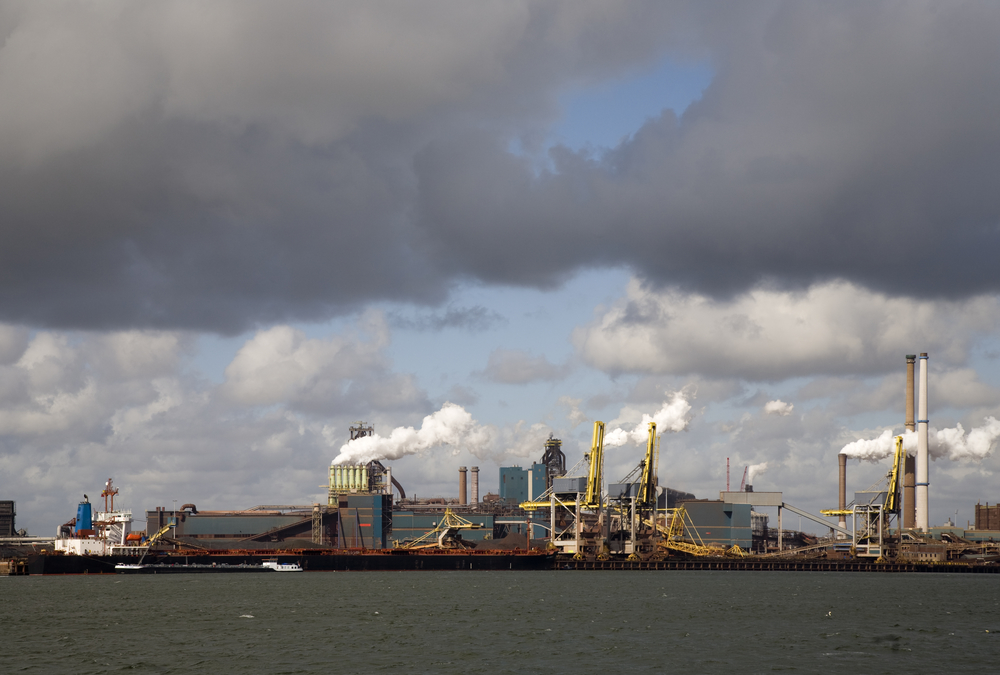Trump tariffs will slow Dutch economy by 0.9%, experts warn

Donald Trump’s return to the White House is likely to be a blow for the Dutch and European economies, caused by higher inflation, a weak euro and trade barriers.
Rabobank economists projected growth in the Netherlands would be reduced by up to -0.9% in the long term, though much depends on how far Trump raises import barriers in 2025.
The United States is the Netherlands’ fourth largest export market, meaning Dutch companies would be hit by Trump’s promise to raise tariffs across the board when he takes office next year.
Rabobank considered two scenarios, one in which Trump imposes a universal extra tariff of 5% and another with a 10% rate. Both would drag down growth in the Netherlands, by 0.4% and 0.9% respectively over the president’s four-year term. That is equivalent to every Dutch citizen losing out to the tune of €500 a year.
The Trump administration is also planning an extra 60% tariff on all Chinese imports, which economists say could prompt China to flood Europe with cheap goods.
The predictions are measured against the impact of a much lower increase in tariffs of 1.6% that vice-president Kamala Harris was expected to impose, Rabobank said.
“Huge impact”
ING economist Bert Colijn said Trump’s tariffs would have a “huge impact” on the Dutch economy.
“Dutch exporters are already having a hard time,” he told the Parool. “They are already struggling with the rickety economies in Europe and China.”
One crumb of comfort, Colijn says, is that Trump was willing to negotiate on tariffs for individual companies. Tata Steel managed to secure an exemption on higher tariffs during the previous Trump presidency and the company has invested in strengthening its contacts with American authorities.
“There is a lot of scope to negotiate with Trump on tariffs,” Colijn said. “European commissioner [Jean-Claude] Juncker was very successful at that last time.”
Fewer rate cuts
Rabobank has also warned that high inflation in the Netherlands left the country vulnerable to any further weakening of the euro against the dollar. The euro dropped from nearly $1.09 on Tuesday to $1.07 by lunchtime on Wednesday.
A weaker euro means essential commodities such as oil, which is priced in dollars, automatically becomes more expensive. The bank predicted that Dutch inflation could rise to 3.8% from its current level of 3.6%, well above the European Central Bank’s 2% target.
Higher inflation means the ECB is likely to cut interest rates less aggressively, making it harder for bankers to stave off recession.
Rabobank anticipates two rate cuts in 2025 compared to three if Harris had become president, while the Federal Reserve is expected to deliver just one quarter-point cut.
Modest EU impact
Across the EU the impact of the tariffs is expected to be modest. The London School of Economics forecast last month that GDP growth in the eurozone would be cut by just -0.11%.
Some industries would be much harder hit than others, particularly the car industry, which is part of the reason Germany’s is expected to be curbed by -0.23%.
Trump has proposed a 100% tariff on all imported vehicles and a 200% on some types, a move that is expected to slow the transition to electric vehicles, which make up 30% of the US market.
Higher tariffs on imported vehicles would “significantly impact the affordability of electric vehicles in the US market, potentially slowing adoption rates and hampering efforts to reduce transport emissions,” Dr Aurélien Saussay, Assistant Professor at the Grantham Research Institute on Climate Change and the Environment, wrote in a paper.
The LES says the protectionist measures will have an even bigger impact on the American and Chinese economies, with GDP in the US revised downwards by -0.64% and Chinese GDP down by -0.68%.
“No retaliation”
Dr Saussay said: “These tariffs will impact the American economy, not just Chinese and European sectors, so Donald Trump ploughing ahead with these policies if elected would be awful for economies across the globe.”
But he said Europe should resist the temptation to hit back with retaliatory tariffs, warning that it would risk triggering an even bigger trade war with the US.
He said the EU and China should “consider highly targeted protective measures for specific vulnerable sectors, such as the automobile industry.
“This is particularly relevant for Germany, and could include temporary subsidies, tax relief, R&D incentives, and support for export markets to diversify.”
Thank you for donating to DutchNews.nl.
We could not provide the Dutch News service, and keep it free of charge, without the generous support of our readers. Your donations allow us to report on issues you tell us matter, and provide you with a summary of the most important Dutch news each day.
Make a donation